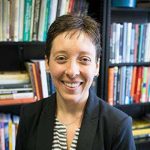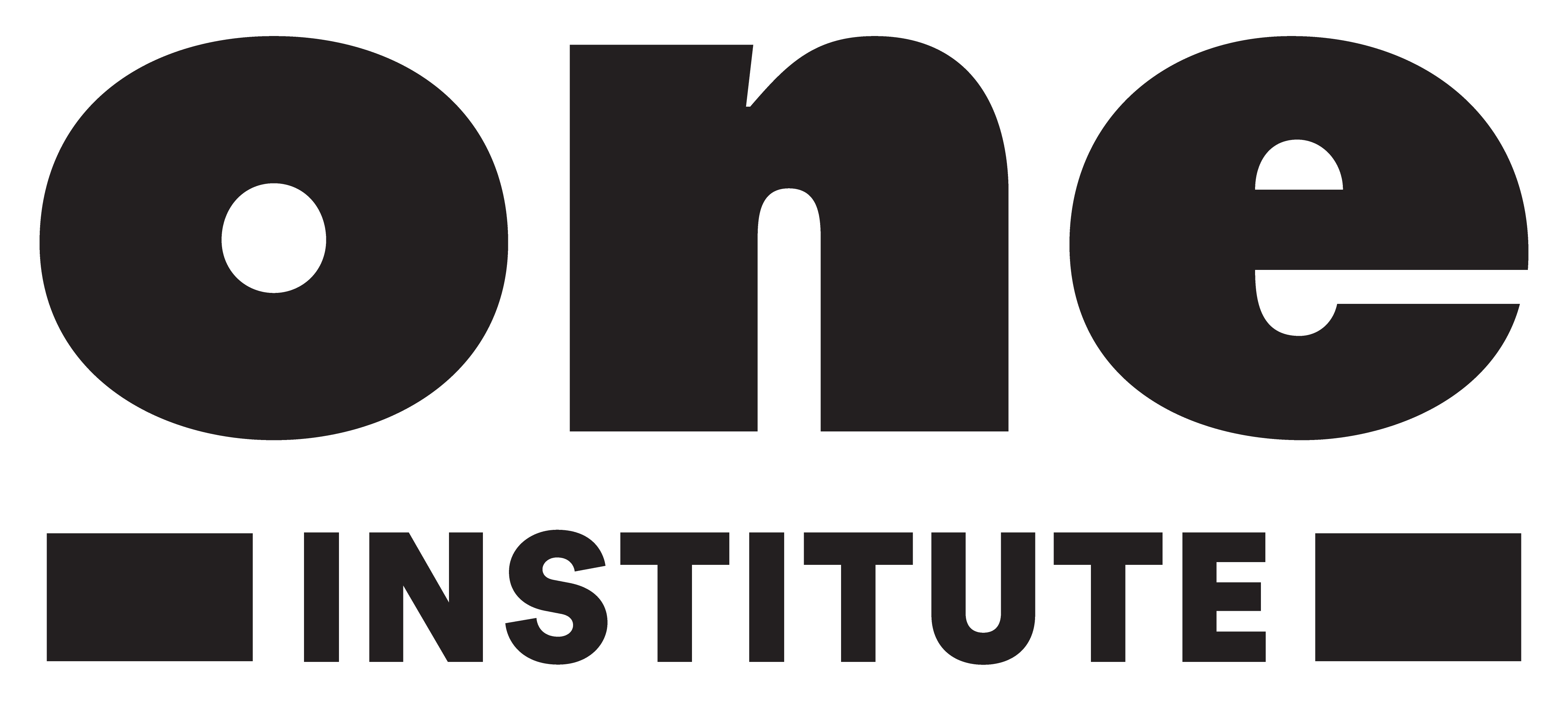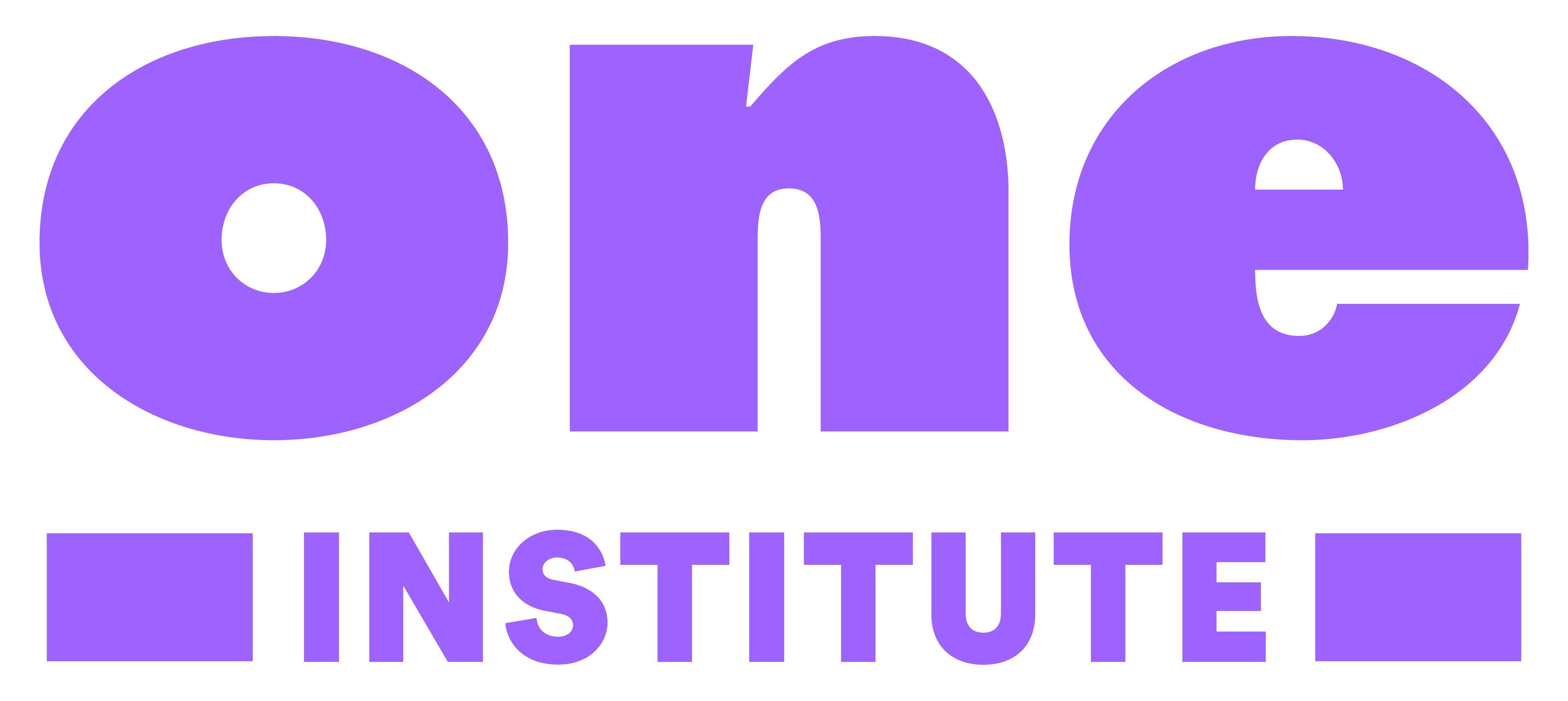Uncovering the History of LGBTQ Archives and Libraries
This article is authored by Lindsay Kistler Mattock, from the 2019-20 cohort of the LGBTQ Research Fellowship program at the One Institute.
This research project began with a visit to the Gerber/Hart Library and Archives, the Midwest’s LGBTQ community archives in Chicago. Reading through the papers Joe Gregg who served as male co-librarian at G/H between 1982 and 1987, I learned of the efforts of librarians and archivists to build collections, change best practices, and document LGBTQ history across the United States. Gregg worked closely with the Gay and Lesbian Task Force of the American Library Association and librarians and archivists from around the globe in developing The International Thesaurus of Gay and Lesbian Index Terms that would establish best practices for the description of LGBTQ materials in collections. During this time, the Canadian Gay Archives (now the Arquives) published a manual for developing collections titled Organizing an Archives: The Canadian Gay Archives Experience. These publications and other efforts to build collections are representative of the efforts of queer librarians and archivists from around the globe representing independent collecting institutions, including ONE Archives. Gregg’s papers also reference the history of a more formalized network of libraries and archives. Gerber/Hart’s October of 1985 Newsletter announced the formation of the International Lesbian and Gay Archives and Libraries (IALGAL) formed at the International Gay and Lesbian History Conference at the University of Toronto earlier that year. I found few published references to the IALGAL, but the organization represented the history of the collaborative efforts to actively preserve queer history. I suspected that the archives of other LGBTQ collections would help to piece together this history of queer archival praxis.
The ONE LGBTQ Research Fellowship supported a trip to the west coast that allowed me to visit the extensive collections of ONE Archives at the USC Libraries, and to coordinate the trip with the Committee on Lesbian, Gay, Bisexual & Transgender History’s first Queer History Conference and a research visit to the GLBT Historical Society in San Francisco. This two-week research trip allowed me to access the rich history of primary source documentation in the archives and to meet the librarians, archivists, and community members who were influential in the development of these collections. During my week at ONE, I found myself immersed in the history of the archives, working through the papers of Jim Kepner and ONE Inc. founders Dorr Legg and Meritt Thompson. The collections of the International Gay and Lesbian Archives, and the American Library Association Task Force and Social Responsibilities Round Table Collections helped to fill in the gaps from Gregg’s papers, but the IALGAL remained an elusive topic. Joe Gregg’s papers emphasized the importance of the personal connections and the work of the individuals who devoted their time to building collections. Similarly, archivist Michael Oliveria and Library Supervisor Bud Thomas were the keys to uncovering the history hidden in the archives. During my visit, Michael arranged a meeting with former ONE board member John O’Brien who filled in important details regarding a meeting of the IALGAL during the 1987 March on Washington. The collection, carefully preserved in the ONE Archives, provided key primary source documentation that has opened a trail to additional LGBTQ collections around the country.
In the months following my visit, I am still carefully reading through the materials from ONE Archives’ rich collection. The initial findings from this project have been published with co-author Aiden M. Bettine as, “The Gay Archival Impulse: The Founding of the Gerber/Hart Library and Archives in Chicago,” in Vol. 68 Issue 8/9 of Global Knowledge Memory and Communication. We will present our research from the ONE Archives at the forthcoming 2020 Midwest Archives Conference in Des Moines. The ONE Archive and its stewards serve as critical node in a vast network of community collections and have provided a map to the archives and libraries that will continue to inform my work to historicize the development of queer archives across the globe.
Image Credits
Top image: A map showing the location of the members of the International Association of Lesbian and Gay Archives and Libraries (IALGAL) in 1987.

Lindsay Mattock is an Assistant Professor at the University of Iowa School of Library and Information Science. Her work focuses on the archival practices of non-institutional archival spaces, such as media collectives and community archives. Her collaborative work with public historian Aiden Bettine situates queer community archives in their historical context and excavates the network of lesbian and gay archivists, historians, and librarians active in the 1970s and 80s.



